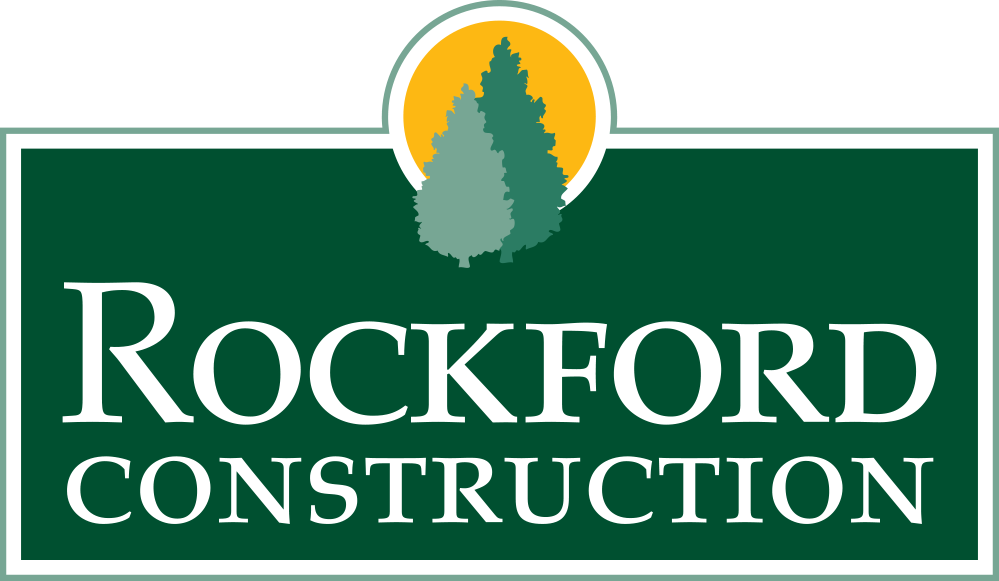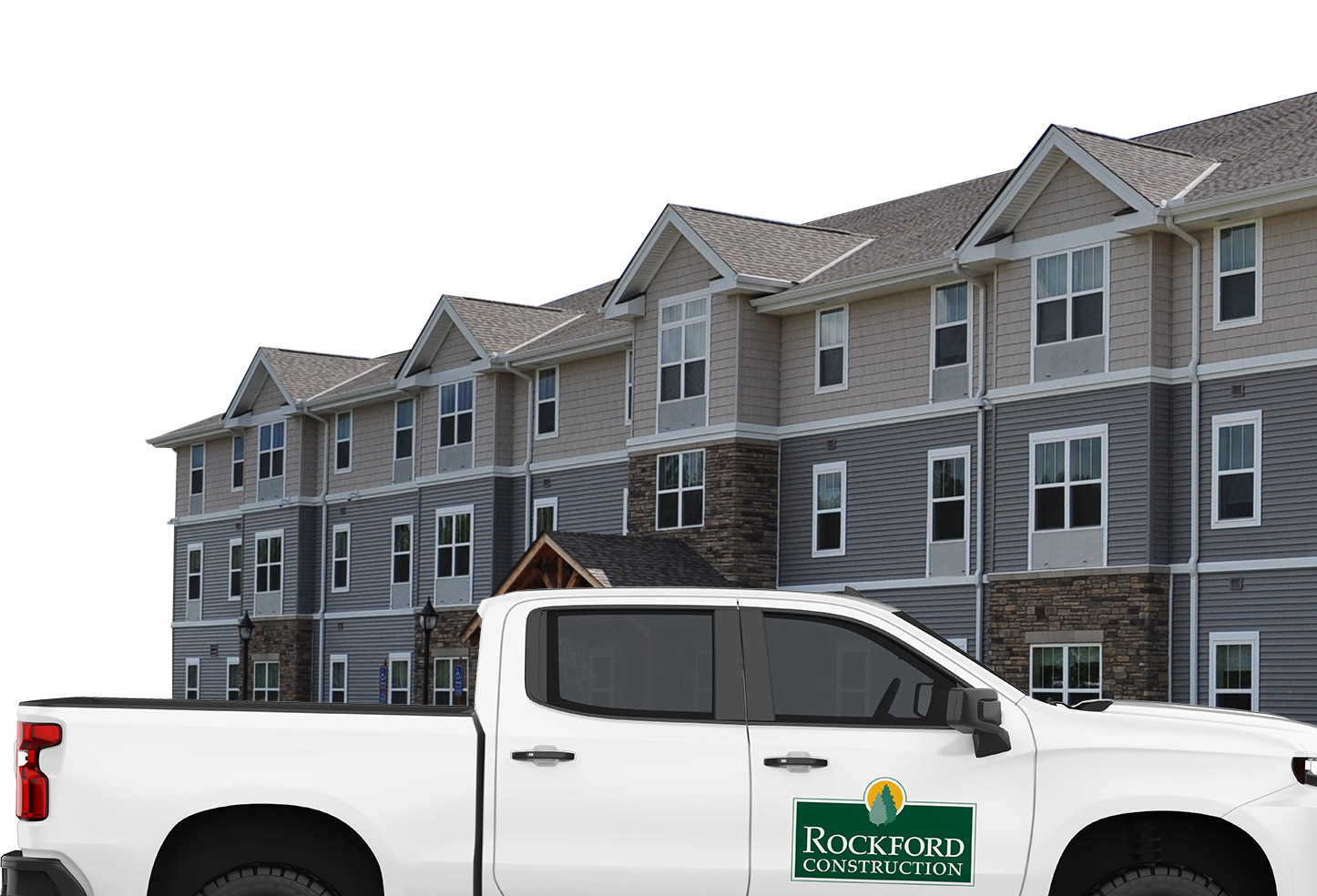To preface this article, if you are looking for a residential construction contractor to build a multi-family property or urban infill development you are in the right place. Today we are going to talk about scouting for and evaluating residential general contractors for multi dwelling construction but the same principles can be applied if you are building just a single home.
Always remember that trusting a company with your residential construction project is a decision that needs to be well thought out. Using the wrong company can cause delays, subpar results, and even legal issues with your future buyers or tenants.
Therefore, when looking for a residential construction contractor, you can’t afford to settle for just any company you come across. You need the best. You need a qualified and experienced residential construction contractor with an exceptional reputation and agreeable business practices.
The reality is there is likely a million residential construction contractors in your area to choose from. It’s your job to seek them out and determine the best fit for your project. On top of that it’s likely many of your local residential construction contractors can do the job… but you can’t settle for a “can-do” when it comes to partnering with a residential construction company. A project of this magnitude requires running a tight ship, after all this is your investment on the line.
Here is the simple 3 step process you can use to choose the right general residential construction contractor for your multi dwelling construction project.
Scouting Out Contractors
Choosing a good residential single family home or multifamily construction company that knows their stuff will make the process less stressful and will make you more successful.
Your residential contractor should be like your advisor. They are your organizer, educator, and the one whose experience will determine whether your multi unit construction project is built within budget, on time, and to the construction standards you expected.
Don’t rush the contractor selection process and start your search early. This way you will have enough time to make informed decisions based on the facts you find during discovery. Your preparation here will pay big dividends at the end of the road.
Typically, you can find quality general contractors in the following places – and remember to make a list of prospective contractors who you can vet later in the subsequent steps.
- Ask colleagues and other investors for recommendations.
- Scan your neighborhood for residential projects being built and ask for contractor’s contacts.
- Ask other professionals in the industry such as architects, designers, building inspectors, counter sales reps, local lumberyard owners.
- Search online directories and in industry magazines.
Interviewing Potential Hires
Now that you have your list of prospects, it is time to weed it down to the residential construction contractor that you are going to partner with. Start making phone calls to your prospective contractors and schedule an initial meeting with each of them.
This meeting will be your chance to find out more about the company’s values, experience, and availability. Think of it as if you were interviewing an employee to work for you.
It is key to make sure that you bring up everything that is important for the project. Availability for you when you need your project to begin is going to be one of the key factors that will help you find your top choices right away. Discuss if the company is easily accessible via calls or virtual meetings and willing to answer your questions.
A good residential construction company should be ready to work hand in hand with you and answer your questions to put you at ease. If it seems like they aren’t willing to give your project the time of day, that is a good sign to move on to the next best option.
Here are some questions you might want to ask before making the decision to hire:
- Do you have a process or a system for projects like these?
- How do you save time and reduce unnecessary cost?
- Do you have professionals in your organization to help with ideas and design?
- Who will be the main point of contact during this project?
- What’s your dispute resolution process?
- What’s your work schedule look like?
Asking about these issues and bringing up any other potential points of failure early will help ensure that you are well-prepared to make the right choice and don’t end up with the wrong residential contractor.
During these discussions with your prospective residential contractors, be sure to take diligent notes. By taking notes you will be able to later compare the answers given by the residential construction companies. Then you’ll also be able to rank them on how you expect them to perform compared to each other – and ultimately choose the best fit for you.
Consider Area Of Specialization
Today, every multi-family and single family urban infill projects are code regulated. Hence you need someone who knows all the details and requirements specific to your project. The last thing you need is a newbie to what you are trying to build.
It’s vital to hire a residential construction contractor who’s specialized or at least experienced in multi unit projects because they are much more complex than building a single dwelling. Specialized contractors can also perform to your utmost satisfaction because they know how to handle the hardships and the unique aspects of the project.
In order to be certain, you can check the nature of projects in their portfolio and the quality of past projects. You should also feel free to request a visit to 3 or more of their job sites to get a more up-close look at how they do business.
Verifying Their Certifications
Let’s get some showstoppers out of the way now. A contractor must be insured and licensed. If they’re not, this is a huge red flag. Requiring proof of licenses and insurance shows the contractor has undergone training and understands building codes and processes.
Be sure to ask for proof of insurance to ensure the contractor is insured just in case something goes wrong. Also call the licensing authority or local building authority to confirm the contractor is in good standing and their license is valid and up to date. This 10 minutes of due diligence can save you from a huge mistake.
Ask if the general contractor will personally be doing the work with their own workforce or if the work will be subcontracted to someone else.
It may be the case that the general contractor decides to subcontract the entire project or specialty jobs like vinyl siding, roofing, or plumbing to experts. Either way is fine if you have a good residential contractor but it’s best to be in the know.
Ask For Referrals And Work Samples
A good contractor should provide you with a list of references from their previous clients.
References can reveal information about the contractor’s work ethic, how their houses are holding up, and if the contractor addresses callbacks promptly. You have to watch out because some contractors may provide you with a reference list that they know will give a positive review.
To evaluate a contractor, the quantity of reviews and the percentage of happy customers who are satisfied with their services should serve as a point of reference.
Keep in mind, a residential construction contractor with 30 to 40 mostly positive reviews is much better than a contractor with 8 glowing reviews.
Bid Solicitation Packet
Bidding is where a majority of investors stumble in their mission to find a residential contractor. You might be tempted to go with the lowest bid, but you must weigh the price and risk of hiring substandard workmanship. Remember nine times out of ten, you get what you pay for.
The best practice is to evaluate a contractor by balancing cost and value. Is the value of their services relative to the fee they’re charging? Are you getting a white glove or bare bones experience?
Don’t be afraid to ask why the quotation is too low or too high, and be vigilant over hidden fees and over-priced services.
There are several online resources that can help you find specific estimates for your area. You can use these estimates to confirm whether the residential construction contractor is undercharging or overcharging you.
However, when asking the potential contractors for their bids, ensure that each contractor uses the same set of specifications and plans advised by the National Association of Home Builders.
You can put together a bid packet listing specific types and brands you want. This list will provide a standard you can bring to all the contractors to keep everyone on the same page, and so you can efficiently compare bids.
Bottom Line
The key to a successful residential project is hiring the right residential general contractor. Take your time and do thorough research. You’ll be glad you went the extra mile.
The above guide can help you get started when finding the right general contractor to make your residential construction smooth and successful.



